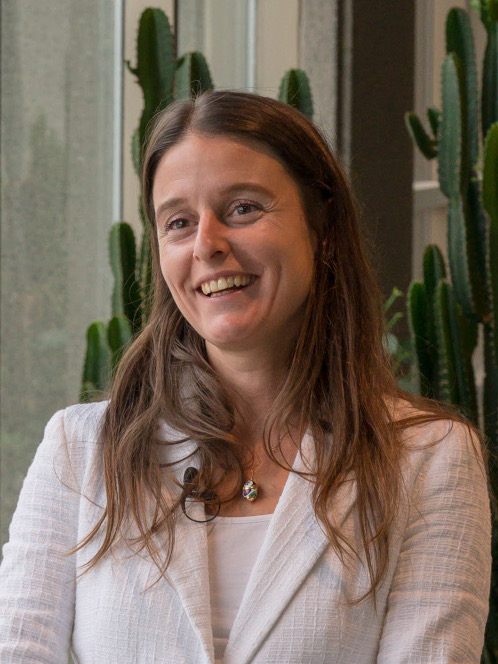Fiche publication
- Date de publication : 2022-07-27
Référence
Arabzadeh G, Delisle-Houde M, Tweddell RJ, Deschamps M-H, Dorais M, Lebeuf Y, Derome N, Vandenberg G. (2022) Diet Composition Influences Growth Performance, Bioconversion of Black Soldier Fly Larvae: Agronomic Value and In Vitro Biofungicidal Activity of Derived Frass. Agronomy. 12(8):1765. doi.org/10.3390/agronomy12081765
Information Complémentaire
Résumé
In recent years, the larval stage of Hermetia illucens, commonly known as the black soldier fly (BSFL), has been used to promote the circularity of the agri-food sector by bioconverting organic waste into larval biomass which has been used as a livestock feed. A secondary byproduct of this process is frass that can be used as an organic fertilizer. This study compared two different plant-based diets on frass characteristics as well as larval performance, nutritional composition, and waste reduction efficiency. A fruit/vegetable/bakery waste-based diet supplemented with brewery waste (FVBB) was compared to a control Gainesville (GV) reference diet and fed to BSFL under standard conditions. The results demonstrated that NPK and some of the macro and micronutrients in both frasses are comparable to commercially available organic fertilizers. It was shown that microorganisms present in frass from the two diets inhibit the mycelial growth of several plant pathogens through the production of antifungal and/or anti-oomycetes compound(s) (antibiosis). This diet also had a positive effect on individual larval mass (162.11 mg), bioconversion rate (13.32%), and larval crude lipid (35.99% of dry matter) content. The BSFL reared on this diet reduced feedstock dry matter by 67.76% in a very short time (10 days), which is a promising solution for food waste management.




